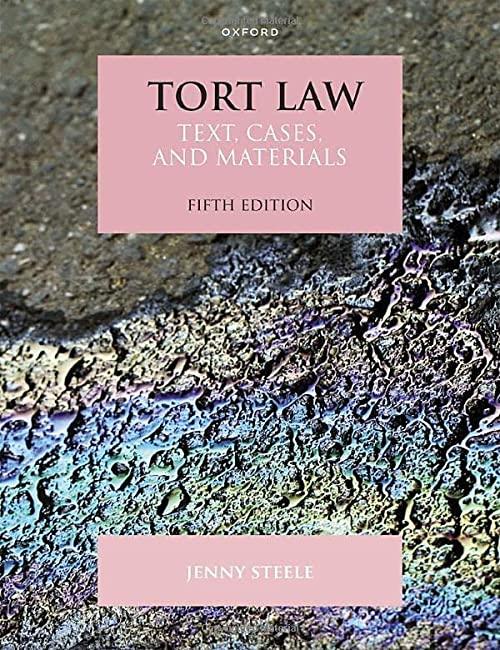In the Meinhard v. Salmon case (Classic Case 37.1) the court held: a.None of the other choices are correct b.Salmon not liable because he did
In the Meinhard v. Salmon case (Classic Case 37.1) the court held:
a.None of the other choices are correct
b.Salmon not liable because he did not violate his fiduciary duty to Meinhard for not allowing Salmon to participate in a business opportunity offered by Gentry shortly after the Salmon-Meinhard joint venture ended.
c.Salmon liable because he violated his fiduciary duty to Meinhard for not allowing Salmon to participate in a business opportunity offered by Gentry while the Salmon-Meinhard joint venture was still in existenced.
Salmon not liable because he did not violate his fiduciary duty to Gentry for not allowing Gentry to participate in a business opportunity offered by Salmon shortly after the Salmon-Meinhard joint venture endede.
Salmon liable because he violated his fiduciary duty to Meinhard for not allowing Meinhard to participate in a business opportunity offered by Gentry shortly after the Salmon-Meinhard joint venture ended
Step by Step Solution
There are 3 Steps involved in it
Step: 1

See step-by-step solutions with expert insights and AI powered tools for academic success
Step: 2

Step: 3

Ace Your Homework with AI
Get the answers you need in no time with our AI-driven, step-by-step assistance
Get Started


